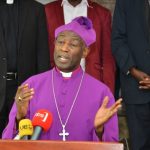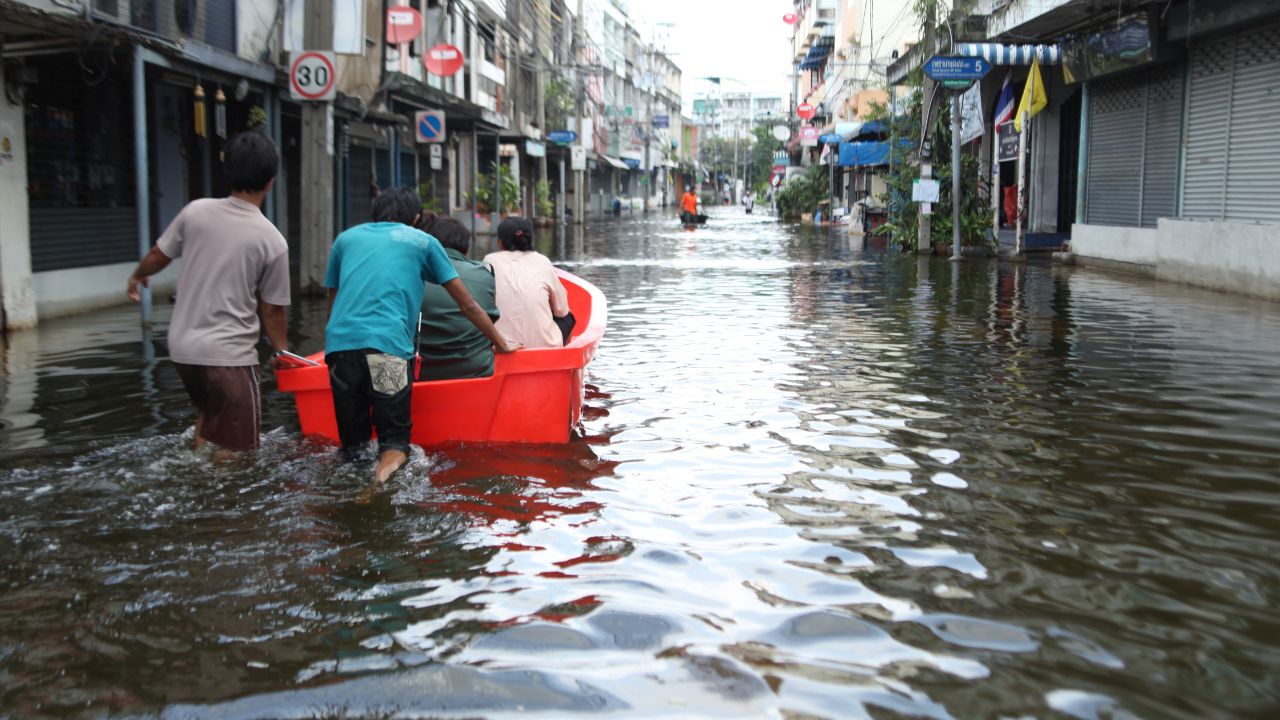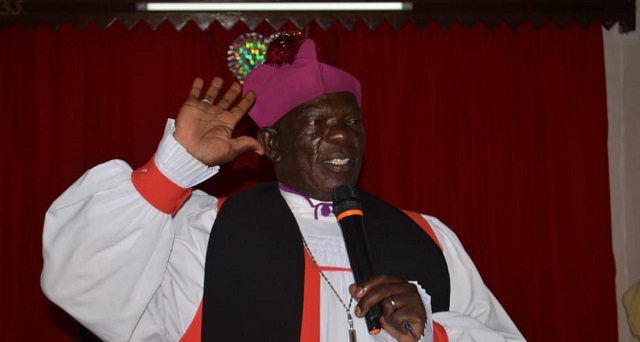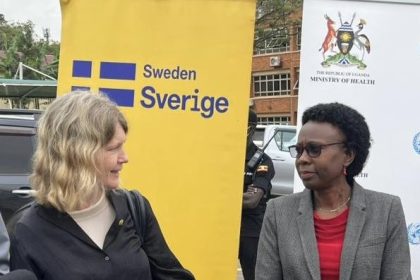BY MYAL GREENE , WALTER KIM
SEPTEMBER 1, 2022
The climate has once again captured our attention amid a record-breaking heat wave this summer and a landmark economic package in Congress that includes sweeping climate measures. Our environment is a precious gift, created by God and intended for all to share in its bounty. Yet, our global neighbors living in poverty and other vulnerable conditions are facing the most devastating effects of climate change. Addressing the impacts of climate change demands not just a public response, but a uniquely Christian one as well.
As an acquaintance shared during a recent trip to Malawi, “The hunger season is longer, and we are deeply concerned.” He explained that the decade-long change in the rainy season radically diminished the quality of crops and extended the time between harvests. This situation is not merely a personal inconvenience or an economic disappointment; it is a threat to health and subsistence.
For billions of people around the world, the threat of climate change is imminent and existential. Their homes are threatened by rising tides. Their food supply is threatened by the loss of biodiversity. Their health is threatened by polluted air and water. And increasingly scarce natural resources fuel conflict, robbing precious human lives and exacerbating the greatest displacement crisis in recorded history.
The increasing frequency and intensity of extreme weather events, such as hurricanes, droughts, desertification, and rising sea levels, is already causing the displacement of over 20 million people each year. Climate change is also exacerbating global hunger as the overwhelming majority of people facing hunger live in areas that are most susceptible to extreme weather events.
As Christians, we know that God loves his world and the people he created, with a special concern for those who are poor and vulnerable. He made human beings in his image and entrusted them as his caretakers of this earth. A newly-updated report on climate change from the National Association of Evangelicals (NAE), in partnership with its humanitarian arm World Relief and the Evangelical Environmental Network, reflects that vital truth.
The concept of stewardship guides our relationship to God’s creation. While God grants humanity dominion over the earth and its creatures (Genesis 1:26), dominion is not domination. We are called to exercise prudence because the earth belongs to God, and Adam displays such stewardship in the Garden of Eden “to work it and take care of it” (Genesis 2:15). Humankind has tragically not followed so. As a result, our poor stewardship of the earth is having dire consequences, particularly for those with the fewest economic resources to adapt.
We are witnessing with growing concern the many changes to our environment. Increasing temperature and heat energy within our oceans and the atmosphere are already devastating communities around the world. Massive wildfires, such as those in Australia and western North America, kill tens of thousands of people each year. Hurricanes and storms are becoming more severe and affecting people from the Gulf Coast to Haiti to India. An ongoing drought in East Africa is placing millions at risk of starvation. And scientists estimate that rising sea levels could displace hundreds of millions of people worldwide.
In American evangelical communities, there has been a current of skepticism about these changes. But as the effects become clearer, greater numbers of Americans – including evangelical Christians – are thinking more about the consequences of climate change. And we are grateful to see more Christians stepping up to help those who are impacted the most.
For the majority of evangelical Christians who reside in Africa, Latin America, or Asia — the parts of the world experiencing the most significant effects of climate change — this is neither new nor controversial. In a 2010 resolution called the Cape Town Commitment, global evangelical leaders galvanized the Christian response to climate change through a worldwide creation care network. Since then, more and more churches and Christian organizations have responded to climate change in ways that reflect our shared biblical convictions and global connections.
Matthew 25:40 makes clear that to love and serve Jesus means loving and serving his people, especially the hungry, thirsty, sick, displaced, and imprisoned. Scripture audaciously claims that the way we treat the “least of these” is how we treat God. And although a changing environment affects all of God’s creation, the disproportionate devastation falls upon vulnerable communities.
Christians have a moral obligation to stand with the vulnerable and become agents of change in their communities. Even if the impact of climate change does not seem as immediate as it is to our brothers and sisters in other parts of the world, Scripture is clear: When one person suffers, we all suffer (1 Corinthians 12:26).
As Christian leaders, we have worked firsthand with communities that feel the devastating effects of climate change the most. Our experiences have taught us that churches, faith-based organizations, and individuals are natural leaders to address climate change. We are especially hopeful that the next generation of Christians – our children, grandchildren, youth congregants, and those we hope to bring to Christ – can create a better world for all of us.
As the climate change crisis intensifies, let us join God in the grand redemptive purpose that even “creation itself will be liberated from its bondage to decay and brought into the freedom and glory of the children of God” (Romans 8:21).
Myal Greene is president and CEO of World Relief. Walter Kim is president of the National Association of Evangelicals.










